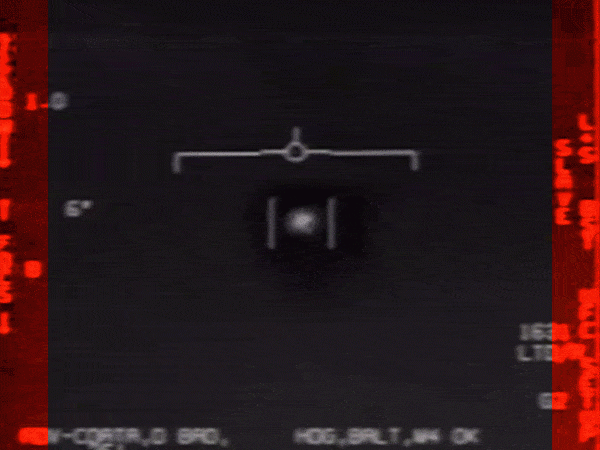With one veto, the president could prevent the Pentagon from disclosing findings on unidentified aerial phenomena.
Source: Popular Mechanics
President Donald Trump says he’ll veto the 2021 National Defense Authorization Act (NDAA), the annual bill that sets the budget and policies for the U.S. military, if lawmakers don’t remove a bipartisan amendment to rename military bases named after Confederate leaders, according to an NBC News report.
The NDAA, which must be passed and signed before Congress adjourns on January 3, covers troop pay raises and funding for new equipment, among other items. But it also includes language that could ultimately change what the American public knows about UFOs in a significant way. A Trump veto of the NDAA may stall the momentum of a movement that has rapidly captured mainstream attention over the last two years.
In August, the Department of Defense (DoD) officially approved the establishment of an Unidentified Aerial Phenomena (UAP) Task Force (UAPTF). The task force will investigate the sightings of UAPs, also known as unidentified flying objects or UFOs.
The task force is the first official government program affiliated with UFO research since a 2000s-era unit that analyzed unmanned aerial vehicles (UAVs) and other UAPs lost its funding in 2012, even though multiple sources confirmed with Popular Mechanics that the unit remained active in secrecy after its shuttering.
The DoD formed the UAPTF to “improve its understanding of, and gain insight into, the nature and origins of UAPs,” Pentagon spokesperson Sue Gough told Popular Mechanics at the time. “The mission of the task force is to detect, analyze, and catalog UAPs that could potentially pose a threat to U.S. national security.”
In June’s Intelligence Authorization Act (IAA), the Senate Select Committee on Intelligence (SSCI) authorized appropriations for fiscal year 2021 for the UAPTF and supported its efforts to reveal any links that UAP “have to adversarial foreign governments, and the threat they pose to U.S. military assets and installations.”
In the IAA, the Select Committee on Intelligence said it “remains concerned that there is no unified, comprehensive process within the federal government for collecting and analyzing intelligence on [UAP], despite the potential threat,” and so it directed the task force to report its findings on UAP, “including observed airborne objects that have not been identified,” within 180 days.
The Senate passed the NDAA, which included the IAA containing the language about the task force, in July. Though the House’s version of the NDAA, which also passed in July, did not include the IAA, the Senate re-passed a version of the NDAA just last week under the House bill number (H.R. 6395) that does include the IAA and its attendant instructions for the UAP task force.
So if Trump indeed vetoes the NDAA and the House and Senate can’t produce a new version before the deadline, it’s back to square one—and the public will have to wait even longer for the much-anticipated disclosure of UAP secrets.
And what, exactly, have we been waiting for?
Source: Popular Mechanics

































Leave a Comment
You must be logged in to post a comment.